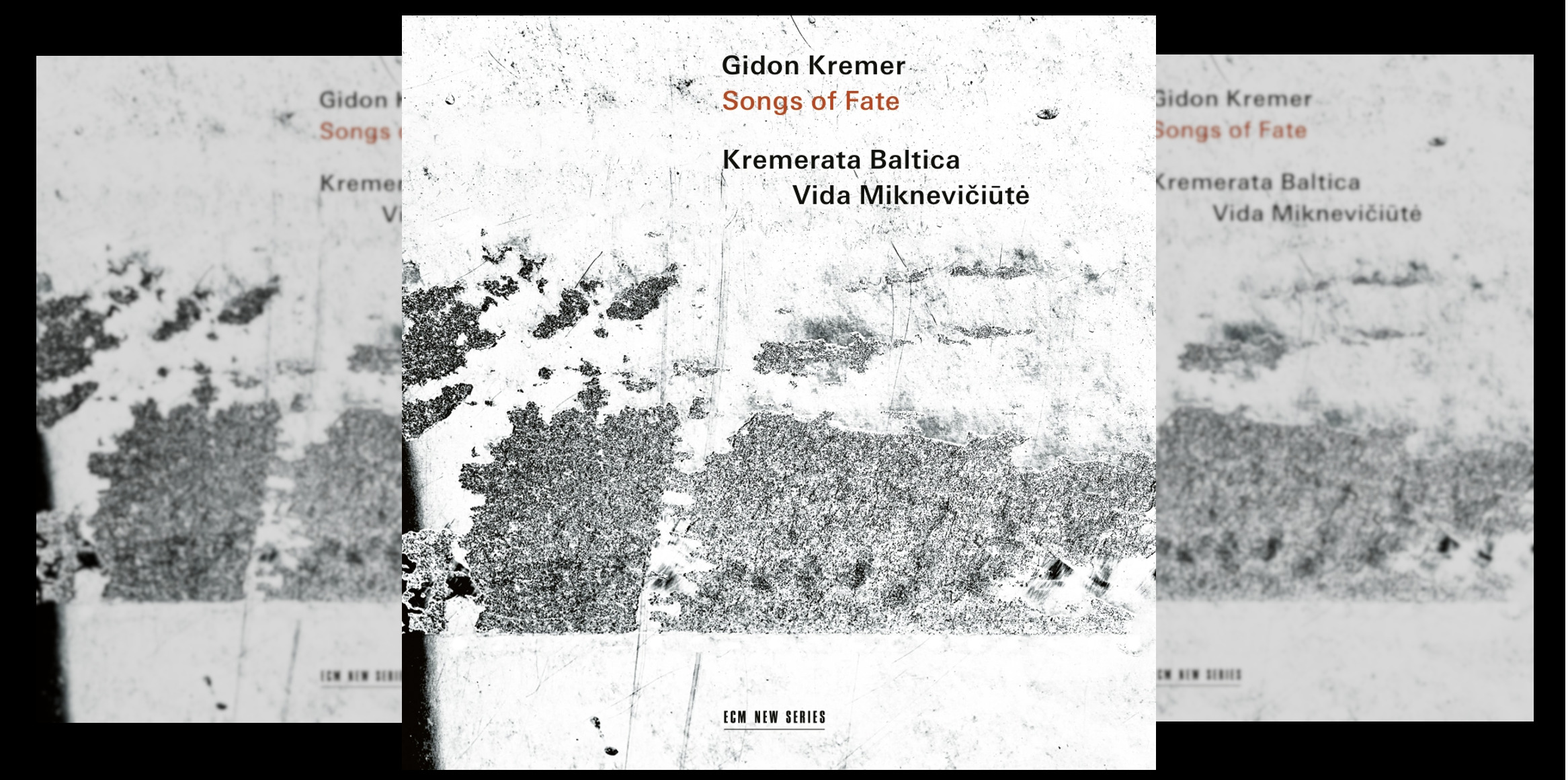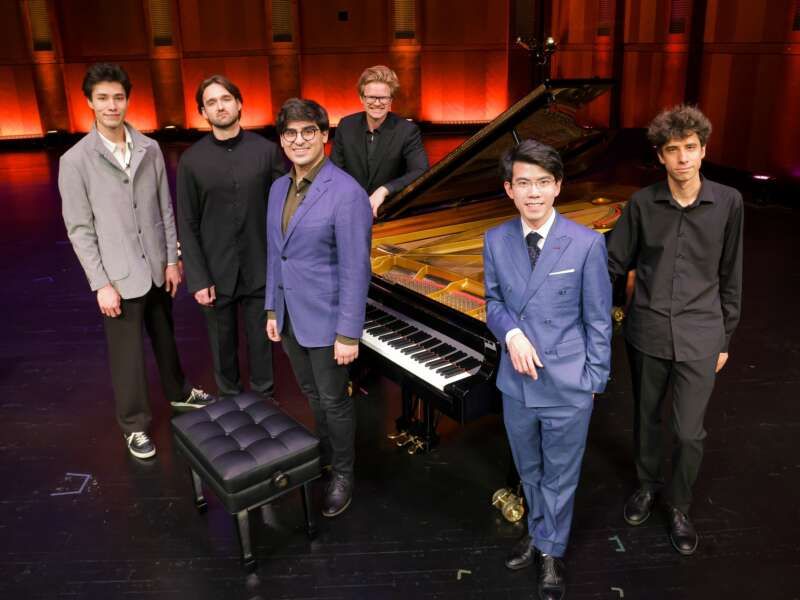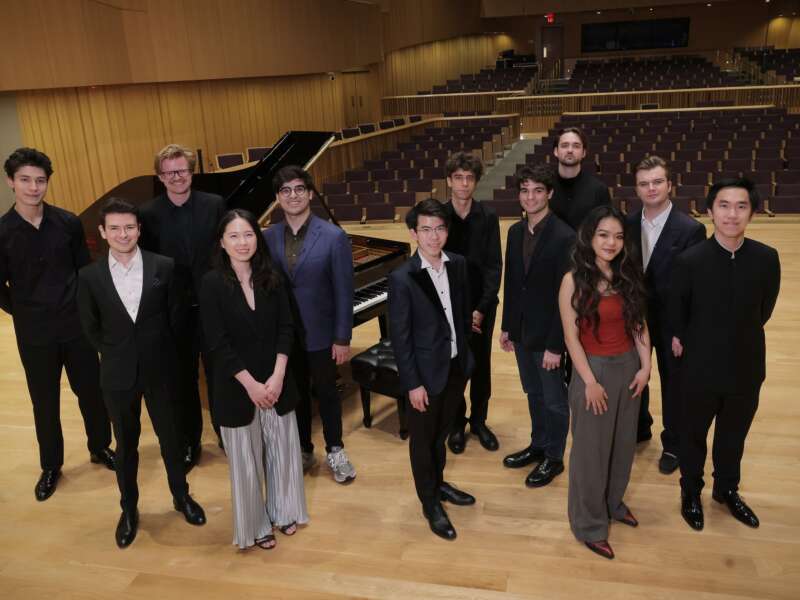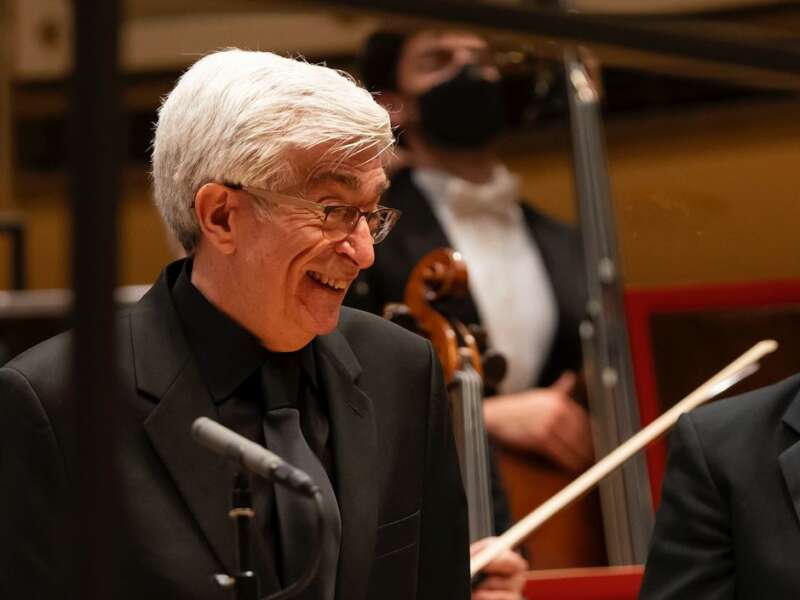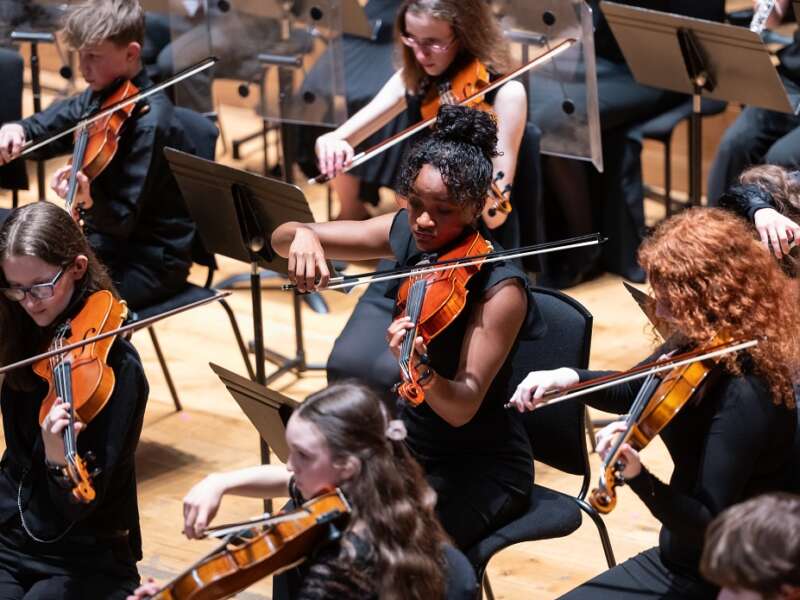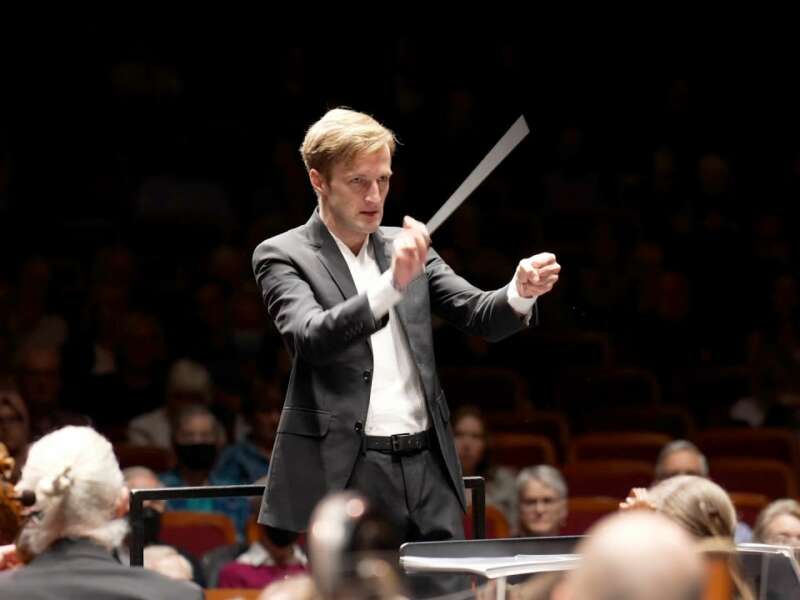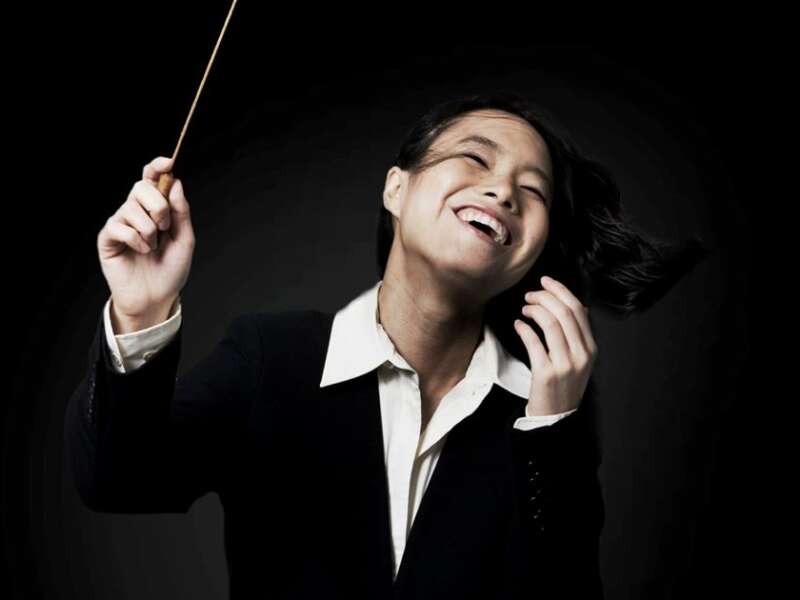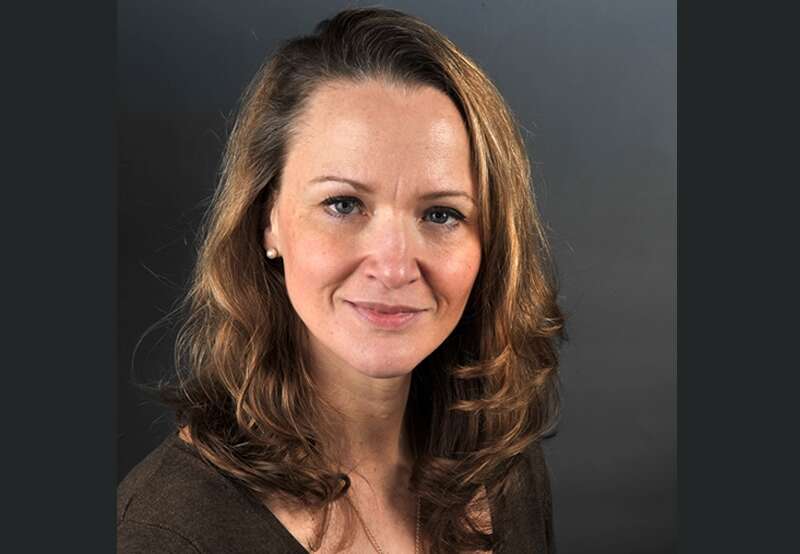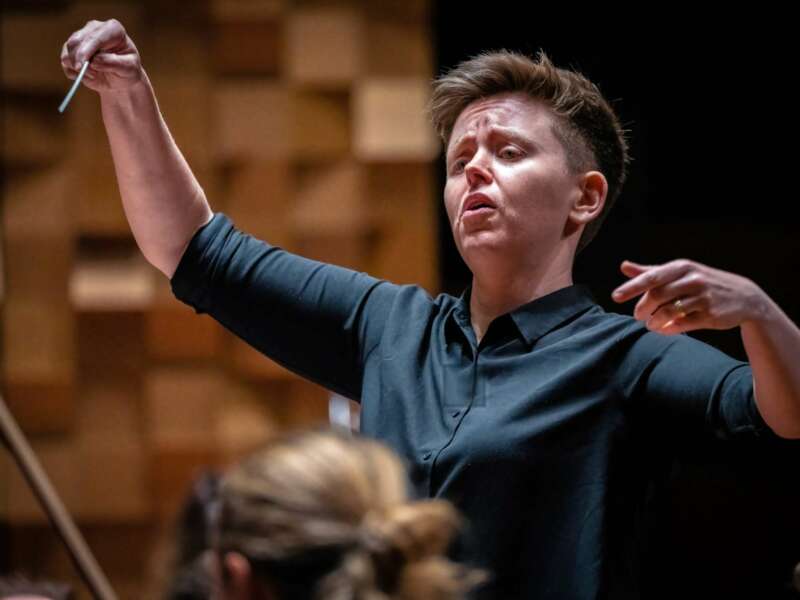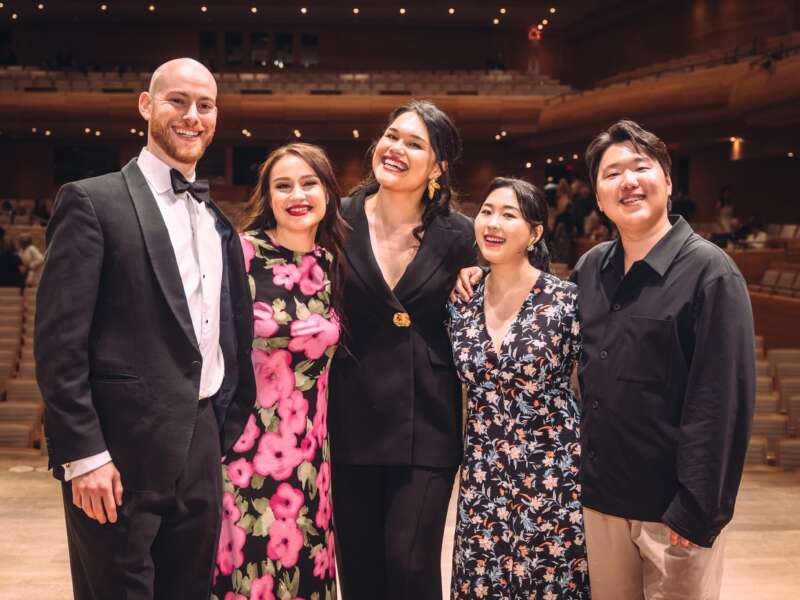Violinist Gidon Kremer’s New Album, “Songs of Fate”
Released on ECM New Series, the album features premiere recordings of works by Baltic composers
With Songs of Fate, Latvian violinist Gidon Kremer explores his Jewish heritage and his extensive history of living in the Baltic states, which has continued to lead to collaborations with many artists from the region.
His new album includes works by Baltic composers Giedrius Kuprevičius, Raminta Šerkšnytė, Jēkabs Jančevskis, and the Polish composer Mieczysław Weinberg. Many works on the album appear as premiere recordings.
The album features Kremer alongside his Kremerata Baltica chamber ensemble, soprano Vida Miknevičiūtė, cellist Magdalena Ceple, and Andrei Pushkarev on the vibraphone.
The album includes Kuprevičius’s Penultimate Kaddish, David’s Lamentation, and Postlude — The Luminous Lament; and selection of Weinberg’s Jewish Songs op. 13, Nocturne, Kujawiak, and Aria op.9. Kremer has recorded Weinverg’s works before, including his violin sonatas.
Premiere recordings on Songs of Fate include Šerkšnytė's This too shall pass, which explores the harmonic tensions between solo violin, cello, vibraphone, and string orchestra; and Jančevskis’s Lignum, which brings the voices of a younger generation of composers to the fore.
“It is less about verbal communication, but more the desire to listen,” Jančevskis said of Lignum, which was inspired by a book on trees and is presented as a dialogue with nature.
“This program is meant to speak to everybody, reminding us of tragic fates along the way and that we each have a ‘voice’ that deserves to be heard and listened to,” Kremer wrote of the album.
Produced by Manfred Eicher, this album was recorded in Vilnius, Lithuania in 2019, and at the Lockenhaus Festival in 2022.
A 2022 interview with Kremer on Weinberg as a composer can be viewed below.
Kremer began violin playing at age four. At 18, he studied with David Oistrakh at the Moscow Conservatory and his solo career took off in his early 20s when he won first prize at both the Paganini and Tchaikovsky International Competitions.
Born in Warsaw in 1919, Weinberg was a self-taught pianist and studied at the Warsaw Conservatory. He arrived in Moscow in 1943 at the suggestion of Shostakovich, who had admired the score of his first symphony. Weinberg composed 26 symphonies, 17 string quartets, six concertos, seven operas, 28 sonatas, more than 200 songs, scores for 60 films, theater music, and more.
Kuprevičius was born in Lithuania in 1944, and composed myriad operas, symphonic works, chamber music, and choir and sacred music. He was also chief of Lithuanian Composers’ Unity for over a decade and has worked as the Vice-minister and Chairman of the Culture Affairs board.
Born in Lithuania in 1975, Šerkšnytė studied composition at the Lithuanian Academy of Music and Theatre. Her compositions often blend classical, Lithuanian ancient folk and avant-garde idioms. In 2008, she became the youngest Lithuanian composer to be awarded the Lithuanian National Prize for Culture and Arts.
Born in 1992, Jančevskis studied at the Riga Cathedral Choir School in 2012, where he later taught composition. He has served as conductor of the Anima Me choir and artistic director of the Pauls Jurjans Music School Symphony Orchestra. His works have been performed by the Latvian Radio Choir, the State Academic Choir Latvia, and Ave Sol Chamber Choir, among others.
june 2025


